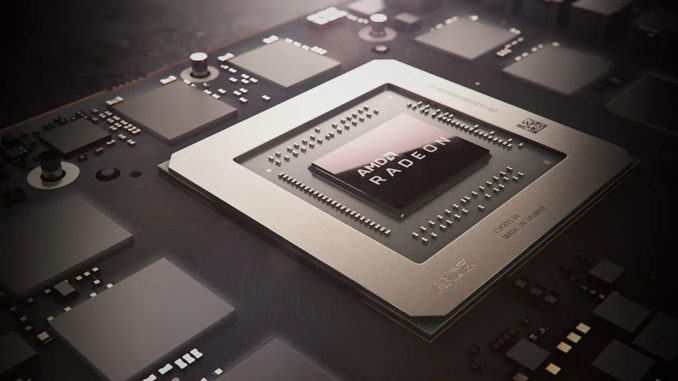
Reports point to an end of May/beginning of June launch, but these are not competing GPUs from a performance point of view.
AMD’s RX 7600 graphics card is reportedly going to be making an appearance at Computex this year, with rumours suggesting the Nvidia RTX 4060 Ti will be, too.
It’s been a long wait for a vaguely mid-range graphics card to drop in this GPU generation, but it looks like we’ll be treated to two when the shutters go up on the Computex trade show in sunny-sometimes-soggy Taipei.
In fact, the Radeon RX 7600 ought to be closer to the lower end of the market given that it’s expected to be sporting similar specs to the RDNA 2 chip inside the RX 6600 of the last generation. That would put it well below the performance of the RTX 4060 Ti, and closer to the eventual RTX 4060 whenever that gets released.
The news comes from Igor’s Lab, where he states there will be some AMD graphics card partners showing off fully realised versions of the Radeon RX 7600 at the show itself. That would suggest either it’s being released during Computex at the end of May/beginning of June, or it will launch just ahead of the show.
It’s possible such cards might remain unnamed ‘prototypes’ at public manufacturer booths in the exhibition halls, or else be shown behind closed doors. Sapphire, one of AMD’s biggest board partners, regularly holds closed meetings at Computex rather than out on the show floor.
Interestingly, Igor’s report takes pains to mention that he’s only had confirmation of card manufacturers who only sell Radeon cards looking to show off finished RX 7600 cards at Computex, with companies used to shipping both AMD and Nvidia holding off on presenting the new RDNA 3 cards.
The intimation in his statement is that those manufacturers are waiting to see whether it will be worth their while to actually start producing RX 7600 GPUs.
The current expectation is that the RX 7600 would have the same specifications as the mobile variant already unveiled. That card comes with 28 compute units (with an RX 7600 XT sporting 32 compute units) and therefore 1,792 shaders. That puts it squarely at the same configuration level as the RX 6600, but early performance numbers for laptops with the RX 7600 inside put them near the same level as RTX 4060-based machines.
Extrapolating those figures suggests the RX 7600 might end up performing like a desktop RX 6600 XT. Though that is so far all based on the mobile config, and it’s entirely possible that AMD may be able to offer the 3GHz+ clock speeds with the desktop cards that it once promised for RDNA 3 cards, which would make it much quicker.
(Image credit: Future)
Best CPU for gaming: The top chips from Intel and AMD
Best gaming motherboard: The right boards
Best graphics card: Your perfect pixel-pusher awaits
Best SSD for gaming: Get into the game ahead of the rest
The Navi 33 GPU expected to be at the heart of the RX 7600 and any potential RX 7600 XT is different to the only other RDNA 3 chips we’ve seen so far, in that it will be a return to a monolithic design. The Navi 31 GPU of the RX 7900 XT/X is the first chiplet-based graphics silicon we’ve seen, which brought its own issues, and a monolithic RDNA 3 GPU ought to be more straightforward for the AMD engineers to manage.
That could mean it’s able to clock higher and perform better than those core configuration numbers might suggest. But, even if it’s performing at the same level as an RX 6700, an entire last-gen tier up, $350 is going to be the maximum AMD could realistically charge given the pricing of its last-gen cards at the moment.
With the RTX 4060 Ti reportedly coming in hot at $450, this could all be good news for PC gamers, with two new tiers of next-gen cards arriving very soon. As Igor’s Lab reports, the new Nvidia GPU looks to also be set for an end of May/beginning of June launch, too.






